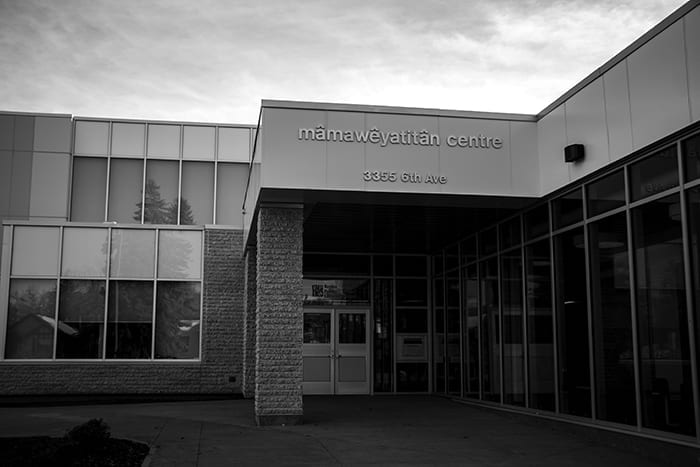Emmy fever

Award marks the first time students at a Canadian journalism school have
brought home the prize
Justin McElroy
The Ubyssey (University of British Columbia)
VANCOUVER (CUP) — Students and faculty at the University of British Columbia’s journalism school have won an Emmy award for a documentary that investigated the effects of electronic waste shipped to other countries.
Ghana: Digital Dumping Ground, a PBS documentary produced by the students and faculty, was the winner of the Outstanding Investigative Journalism in a News Magazine award at the 2010 News and Documentary Emmy Awards on Sept. 27 in New York.
The program, shown on Frontline/World, defeated documentaries that aired on 60 Minutes, Nightline, and 48 Hours Mystery.
The award marks the first time students at a Canadian journalism school have won an Emmy.
“It’s awesome,” said Dan Haves, one of 10 journalism students involved in the project.
“We found out an hour ago, we didn’t expect to win, we’re super thrilled that we did.”
“Journalists work their entire careers for awards of this prestige,” Mary Lynn Young, director of the UBC Graduate School of Journalism, said in a press release.
“Winning these awards early in their careers will give these students a tremendous leg up,” Young continued from New York, where she attended the award ceremony on behalf of the project.
Haves seconded the notion.
“For all of us, we graduated in one of the tougher times in the industry … something like this award may validate choosing to get involved in the first place.”
But hours after winning the award, Haves was asking simpler questions.
“One: Do we get a trophy?” he said. “And two: Where will I put it?”
The documentary was a project for the school’s international reporting class, which is taught by Peter Klein, a former producer at 60 Minutes. Each year students produce a long-form documentary, which is funded through a $1-million gift
from the Mindset Social Innovation Foundation.
Students traveled to China, India and Ghana in 2008 to film their project.
Klein is grateful for the support UBC receives from Mindset Innovation.
“The e-waste documentary is the kind of project that the vast majority of newsrooms couldn’t have done,” he said in a press release.
“If an editor is going to give you tens of thousands of dollars, they want to be sure that there’s going to be a story there. Our funding from Mindset Foundation is crucial, because we’re able to give students this opportunity to really show that you can do good journalism independently.”
The full list of students involved is: Shira Bick, Ian Bickis, Krysia Collyer, Allison Cross, Heba Elasaad, Dan Haves, Doerthe Keilholz, Jodie Martinson, Dan McKinney, Blake Sifton, and Leslie Young.









